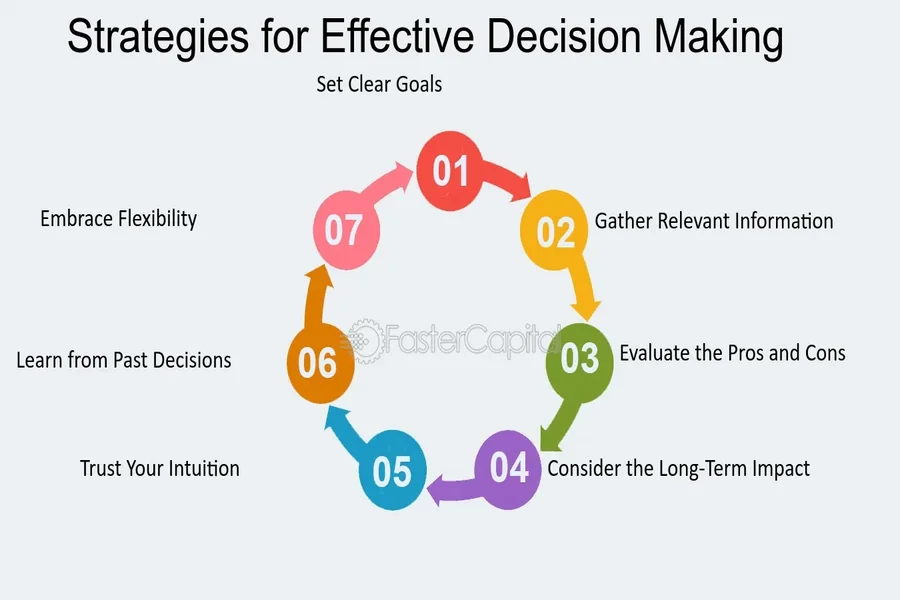Making good decisions at work isn’t just about picking the right option—it’s about making choices you feel confident in and can stand behind. Whether you’re handling daily tasks or tackling bigger projects, your decision-making skills can shape your work experience and the success of your team.
But decision-making can feel tricky sometimes. What if you get it wrong? What if there’s too much information to sort through? That’s where a few practical strategies can really help.
Give Yourself Enough Thinking Time
When you’re busy, it’s tempting to rush decisions just to keep things moving. But quick choices aren’t always the best ones. Giving yourself even a few extra minutes to think things through can help you avoid mistakes.
If you’re stuck, ask: “What happens if I wait a little longer? Will I still have this option tomorrow?” Sometimes, a short pause makes room for better thinking.
Break Big Decisions Into Smaller Steps
Big decisions can feel overwhelming, especially when they carry a lot of weight. Instead of trying to solve everything at once, break the decision into smaller, manageable parts.
For example, instead of deciding whether to approve a huge project all at once, start by gathering information, then talk to your team, and then review the budget. Tackling one step at a time often makes things clearer and less stressful.
Ask the Right People for Input
You don’t have to figure everything out alone. Asking for advice from people who have experience can bring in useful perspectives you hadn’t considered. This might include team members, managers, or someone with different skills.
Some organisations even use coaching to strengthen decision making in Sydney for managers and team leaders who want to build confidence in their choices. Getting the right support can be a smart way to improve.
Know When “Good Enough” is Fine
Not every decision has to be perfect. Sometimes people get stuck because they’re trying to find the absolute best answer, but that’s not always possible.
If a decision is small or reversible, a “good enough” option might be all you need. Save your deeper thinking for the big decisions that really matter long-term.
Learn From Past Choices
Looking back at your past decisions can teach you a lot. Think about what went well and what didn’t. Were you missing any key information? Did you trust your gut when you should’ve asked more questions?
Learning from past experiences helps you grow into a more thoughtful decision-maker. Even mistakes can be useful if you take the time to reflect on them.
Watch Out for Decision Fatigue
Making too many decisions in a short time can wear you out. When your brain gets tired, you’re more likely to choose the easiest option, not the best one.
If you’ve had a long day of decision-making, try saving less urgent choices for tomorrow. Simple habits like eating well, taking breaks, and getting enough rest can actually help you make better decisions over time.
Be Aware of Common Traps
It’s easy to fall into decision-making traps without realising it. For example, some people stick with a choice just because they’ve already spent time or money on it, even if it’s not working out. Others might avoid changing course because it feels uncomfortable.
Reading about common decision-making mistakes can help you spot these traps and make smarter choices moving forward.
Practice Makes Progress
Like any skill, making good decisions gets easier with practice. Over time, you’ll start trusting your process and recognising what works for you.
Whether you’re choosing between two suppliers, planning your schedule, or setting team goals, using these simple strategies can help you feel more confident in your daily choices. With steady effort, your decision-making skills can keep improving—one decision at a time.

